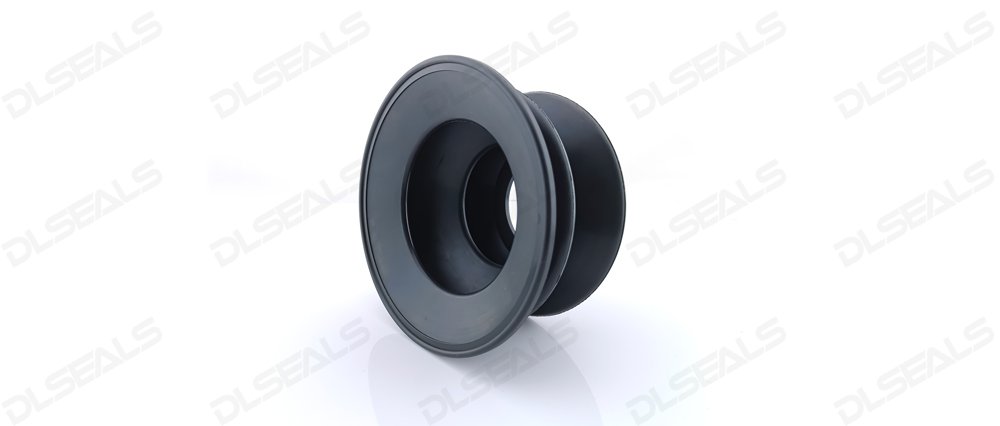Rubber seals play a critical role in ensuring the efficiency and reliability of various industrial applications. From automotive engines to hydraulic systems, rubber seals are indispensable components that help prevent leaks, protect against contamination, and maintain optimal performance.
The Importance of Rubber Seals
Rubber seals act as barriers, preventing the escape of fluids or gases and inhibiting the entry of contaminants such as dust, dirt, and moisture. Their flexibility, resilience, and chemical resistance make them ideal for a wide range of environments and operating conditions.
Enhancing Performance Through Proper Installation
Proper installation is crucial for maximizing the effectiveness of rubber seals. Ensuring a clean, smooth mating surface, applying appropriate lubrication, and maintaining proper compression are essential steps for achieving a reliable seal. Additionally, choosing the right seal design and material for specific applications can significantly impact performance and longevity.
Innovative Applications in Various Industries
Rubber seals are widely used in automotive, aerospace, marine, construction, and industrial machinery industries. In automotive engineering, they seal critical components such as engines, transmissions, and hydraulic systems, ensuring optimal performance and longevity. In aerospace applications, rubber seals play a vital role in maintaining cabin pressure, protecting sensitive electronics, and sealing fuel systems.
Advancements in Material Technology
Advancements in rubber compound formulations have led to the development of seals that offer superior performance in terms of temperature resistance, chemical compatibility, and durability. Specialized compounds such as fluoroelastomers (FKM), silicone, and ethylene propylene diene monomer (EPDM) enable seals to withstand extreme conditions and harsh environments.
Seal Failure Analysis and Prevention
Despite their durability, rubber seals can experience failure due to factors such as improper installation, excessive compression, chemical exposure, or aging. Regular inspection, maintenance, and timely replacement of worn or damaged seals are essential for preventing costly downtime and ensuring system reliability.
Conclusion
Rubber seals are integral components in countless industrial applications, providing vital protection against leaks, contamination, and environmental factors. By selecting the right seals, ensuring proper installation, and implementing preventive maintenance measures, businesses can optimize performance, minimize downtime, and extend the lifespan of their equipment. With continuous advancements in material technology and seal design, the future looks promising for further enhancing the effectiveness and reliability of rubber seals across various industries.
Post time: Apr-29-2024

